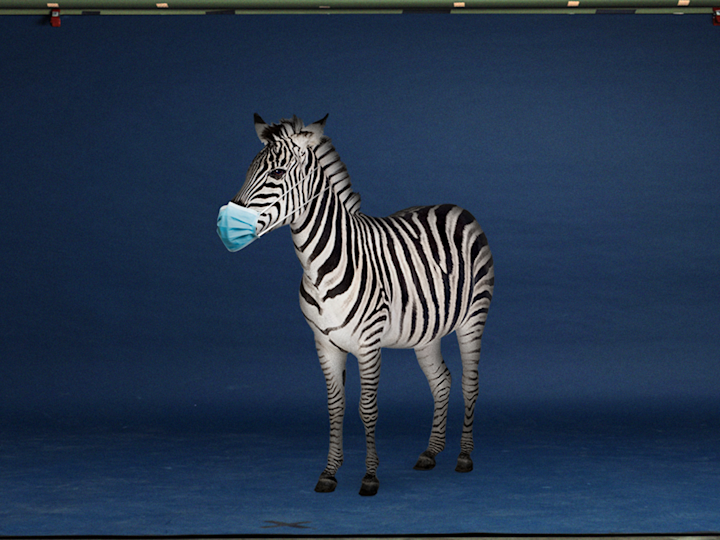We need a new understanding of business. After all, growth and values cannot be mutually exclusive if we want to ensure our future viability.
The coronavirus crisis is making it abundantly clear just how dangerous it can be to answer big questions based on the principle of exclusion. If, in discussions about easing lockdowns, we were to focus solely on the economy, this would cause our healthcare system to collapse, leading many people to lose their lives. At the same time, were we to leave all economic considerations out of the equation, this would bankrupt many companies and lead to severe social vulnerability for us as a society.
In other words, the lockdown is both necessary and risky, depending on which perspective you take. Concentrating exclusively on one would be disastrous. Both need to be taken into account, even though the priority must always be to protect human life.
One-sided thinking is not conducive to finding real solutions
And weighing things up in this manner is not only important in the coronavirus crisis, but for all major social, ethical and economic issues. Real solutions can only be found by factoring in both sides. Nonetheless, many people act as if this were an unnecessary chore, particularly when it comes to economic growth. After all, the companies that are fêted the most are those that generate maximum profits while expanding as quickly as possible.
The toll that this breakneck growth takes on people and the environment is of secondary importance here – it all comes down to the bottom line. And this in turn gives rise to phenomena such as the hype regarding the ‘unicorns’ of the start-up sector – i.e. companies valued at over a billion dollars.
But can this minimum requirement really be the benchmark for success? And what exactly is visionary about it? In our view: nothing at all. Which is why we need zebras now more than ever. The unicorns have had their day.
Why zebras are in demand right now
We are currently seeing why this is the case: from the resource-starved healthcare system to the human and economic consequences of relocating factories to “low-wage countries” in order to push down prices at the expense of others. Low wages in key sectors such as nursing, agriculture and logistics, which are in sharp contrast to the absurdly high salaries of so-called top managers, who have contributed nothing at all to society in the current situation. The unwieldy business models that don’t allow companies to respond to crisis situations and send them into free fall instead. The closed borders within Europe in which, particularly at the beginning, countries did their own thing rather than working together from the outset. Or Germany missing the boat on digitalisation simply because it was never seen as a priority here.
A restructured economic system geared towards zebras is long overdue. An economic system in which companies do not shirk their social responsibility. One in which knowledge, expertise, networks and ideas are shared. One in which we solve real problems rather than generating artificial demand. One in which we can act quickly and harness new technologies. But above all, an economic system in which a company’s own values are not for sale.
To achieve this, companies need to think big! Not in terms of black or white. Or in terms of profit or social stance. Or economic growth and environmental and social responsibility. Working together rather in competition. Future rather than collapse. This is exactly what companies with a social business do. It is what zebras do – zebras like us here at Tomorrow.
The zebra mindset: neither romantic nor radical
So if we finally start to learn some lessons from the current crisis, then top of the list should be that ‘business as usual’ is not the way to go. This is precisely why the zebra mindset is not romantic, ‘hippiesque’, ‘nice to have’ or radical – but simply brutally realistic.
And this is exactly the kind of realism against which we need to measure ourselves against in future. Not against outdated company models and certainly not against the pursuit of profit that ultimately costs us the Earth.
